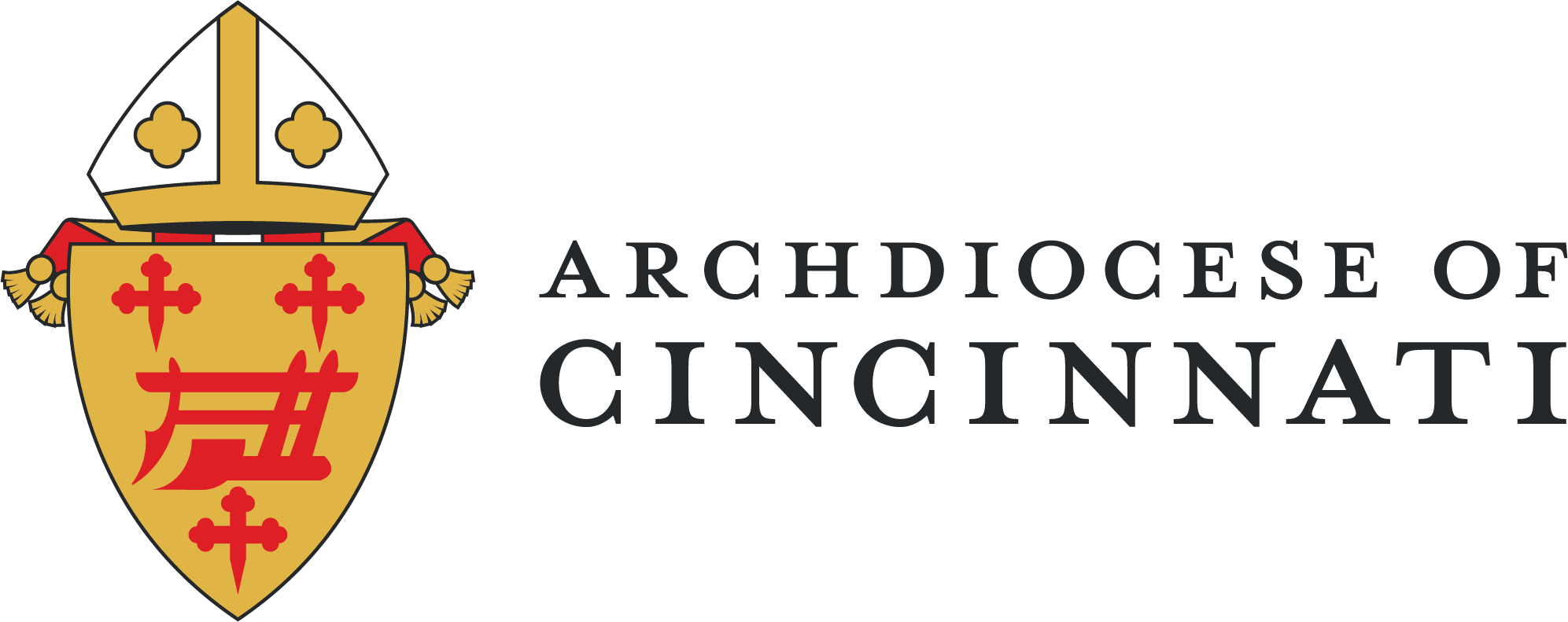 Thirty-three years ago, the Americans with Disabilities Act was signed into law. The ADA is a civil rights law that prohibits discrimination against individuals with disabilities in all areas of public life, including jobs, schools, transportation, and all places that are open to the general public. This changed the course of life for so many! As a church, we are legally exempted from that law in many instances, but at the same time, we should be reaching out and going above and beyond what the law requires.
Thirty-three years ago, the Americans with Disabilities Act was signed into law. The ADA is a civil rights law that prohibits discrimination against individuals with disabilities in all areas of public life, including jobs, schools, transportation, and all places that are open to the general public. This changed the course of life for so many! As a church, we are legally exempted from that law in many instances, but at the same time, we should be reaching out and going above and beyond what the law requires.
The Office for Persons with Disabilities advocates for those who benefit from this important law in your parish. How accessible is your parish for those who are blind, deaf, hard of hearing, or have a cognitive or intellectual disability? Do you offer braille missiles and support for the blind, ASL for the Deaf Community, FM or Loop devices for the hard of hearing, and Sensory Friendly Mass for those with autism, dementia, or Alzheimer’s? We must serve everyone in our parish, and we want to create a culture of belonging for all!
Our office also supports families and parishes with sacramental preparation for our community members with intellectual developmental disabilities, Deaf Community and Blind Community children and adults. We provide on site support, resource lists, and recommendations.
According to A Statement of the United States Catholic Bishops on A Framework of Access and Inclusion:
“We are a single flock under the care of a single shepherd. There can be no separate Church for persons with disabilities.” This powerful statement reflects the commitment of the United States Catholic Bishops to inclusion and justice for individuals with disabilities. Let’s delve into the significance of this message:
- Unity in Diversity: Each person, regardless of their abilities, is created in God’s image. While there are variations in individual abilities, recognizing these differences fosters unity within the Body of Christ. There is no room for a separate Church; we are all part of the same flock.
- Dignity and Contributions: Upholding the dignity of every individual, especially those with disabilities, is crucial. Negative attitudes toward disability, which can lead to practices like abortion, medical rationing, and euthanasia, are unequivocally opposed. We recognize the positive contributions that our brothers and sisters with disabilities bring to the Church’s spiritual life.
- Access and Participation: The parish serves as the gateway to Christian participation. It is the responsibility of both pastors and laity to ensure that parish liturgical celebrations and catechetical programs are accessible to persons with disabilities. Costs should never limit the welcome extended to them.
- Ordination and Service: Qualified individuals with disabilities are welcomed to ordination, consecrated life, and full-time, professional service in the Church. Their God-given talents and capacity can contribute significantly to the Lord’s work in the world.
This moral framework serves as a guide for contemplation and action, emphasizing justice, inclusion, and the recognition of the inherent worth of every person 1. Let us continue to build a Church where all are embraced, valued, and empowered to participate fully in the life of faith. (www.usccb.org)
Contact Lisa Averion, laverion@catholicaoc.org, if you need support for your parish family.

